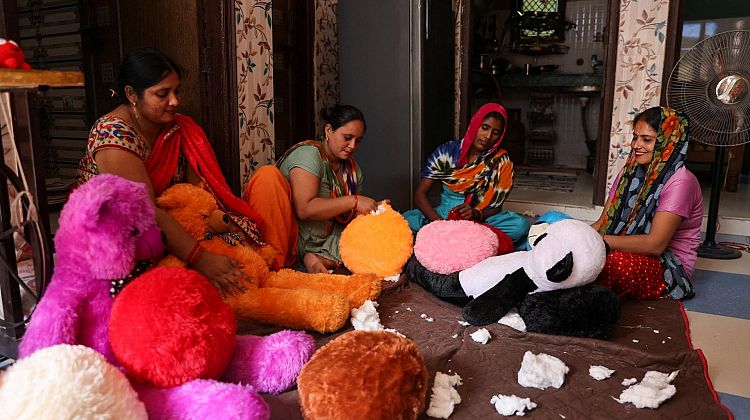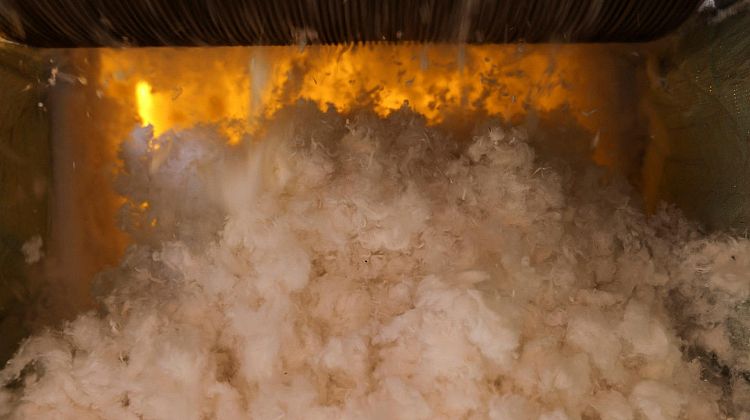
Cigarette butts are the most littered item worldwide. Over 4.5 trillion cigarette butts pollute our environment every year. They do not easily biodegrade and are full of chemicals that are toxic to the wildlife that may ingest them. They are small individually, but they add up to a big problem. A waste management company in Bratislava, Slovakia, has found a new way of recycling cigarette butts, and that is by transforming cigarette butts into asphalt.
The environmental effect of cigarettes
More than 6 trillion cigarettes are smoked yearly around the world. You are probably familiar with how cigarettes cause air pollution due to the burning of tobacco, which releases harmful chemicals into the air. But did you know the butts from cigarettes are the most common form of personal litter in the world?
In the world total, cigarette butts make up more than one-third of litter. While cigarette butts may look like cotton, they are made of plastic fibers which are tightly packed together. And because they are made from man-made materials, they won’t organically break down into the environment.
Moreover, because cigarette butts are made of toxic chemicals when they are disposed of improperly, these chemicals (such as nicotine, lead, cadmium, and arsenic) will leach into the environment. The toxic chemicals can find their way into rivers, lakes, and oceans, harming aquatic life and contaminating water sources. There is also a risk of wildlife mistaking cigarette butts for food, accidentally injesting them.
Transforming cigarette butts into asphalt
A municipal waste management company in Bratislava, Slovakia, is pioneering a new way of recycling cigarette butts. At the end of 2023, the company trialed special containers designed to collect standard cigarette filters and those found in modern heated tobacco devices like vapes. And placed them around the city.
In collaboration with companies SPAK-EKO and EcoButt, the Bratislava City Council will be recycling cigarette butts to use the discarded materials to create asphalt for roads. Once the filters have been collected from the specialized bins, they will undergo a cleaning process to remove toxins and any residual tobacco. The cleaned filters are composed of cellulose acetate from the filters, which are then transformed into fine fibers. The fibers are mixed with traditional asphalt materials, which help with the asphalt’s durability and longevity.
The final product can be used just like conventional asphalt for creating new roads or repairing existing ones.
This isn’t the first time Slovakia is recycling cigarette butts into asphalt to be used on their roads. Their first cigarette filter road is located in Ziar and Hronom and was the first in the world.
With this program, cities in Slovakia can encourage people not only to stop throwing their cigarette butts on the ground, where they will do harm to the environment. But this project can also show people how they can participate in sustainable urban development.
Recycling cigarette butts into asphalt can also help reduce the environmental impact of the construction industry. The production of asphalt involves heating and mixing aggregates with bitumen, a petroleum-based binder. This process releases greenhouse gases and other air pollutants, contributing to air quality issues and climate change.
Rainwater runoff from asphalt surfaces can carry pollutants, such as oil, heavy metals, and chemicals from vehicle exhaust, into waterways, potentially contaminating aquatic ecosystems. Recycling cigarette butts in the asphalt may help absorb and reduce many of these environmental harms and could change how we construct our roads.
Cigarettes might not be disappearing in the very near future, but we can find ways to make them less damaging to our planet and help cities be a little cleaner. Providing users with these specialized cigarette butt bins is one way to keep cigarette butts off the ground and out of our waters. And repurposing these butts is one way we can support a circular model and reuse and repurpose our resources.
Slovakia has a very innovative plan, and we hope it catches on around the world.
Source Happy Eco News



